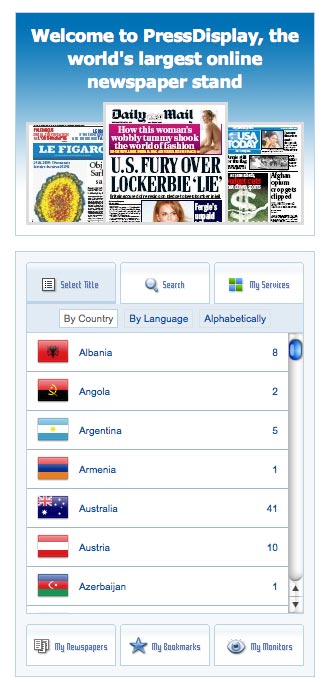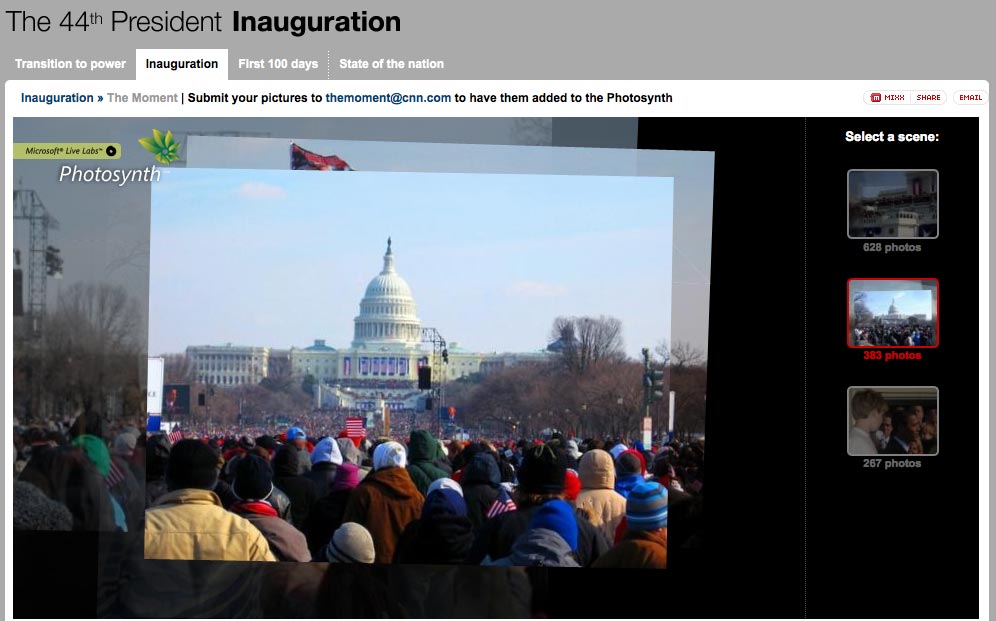In a session discussing the future of video at the the AOP Publishing Summit 2009 (also featuring BBC Worldwide, ITN On, CBS Interactive, InSkin Media) Peter Bale, executive producer for Microsoft UK said that in the next 18 months to two years we will see a shift in the way video is measured for advertising purposes.
Duration spent watching, or ‘dwell-time’ will become a much more important measure than page views, and the format of advertising itself will change – with more connection between television advertisements and online campaigns, Bale predicted.
Listen to Bale talking to Journalism.co.uk here:
“Page views at the moment are used – rightly or wrongly – as a proxy for ad impression delivery,” said Bale.
“For example, we deliver something like 10 billion page views on MSN in UK, a couple of years ago it was only five billion – and there is a vague approximation between that and ad impression – it’s become a necessary currency for us for advertisers and it does give you a sense of scale, but what it doesn’t give you is a good measure of engagement.
“It is not information that works tremendously well with a video intense site or this environment where people are trying to make more money off the web.
“Average revenue per user and dwell time are going to become much more important. It’s about time online, as opposed to pages moved through and consumed.”
It will require new advertising formats, he said. “It will become more engaging, it is going to become more easy to click on an ad in a video environment.”
In addition, television advertising will become more interactive and connected to the online offering:
“I despair at the moment at the lack of real connection to a major brand’s web campaign – it rarely gets promoted effectively on television,” said Bale. “It’s as though people are working in two completely different environments.”
 The new feature on the web portal will be branded as MSN PressDisplay and will give users free access to the front page and two stories from any publication on the day of print. To access more stories and back issues, users will be required to register with PressDisplay and offered subscription offers, starting at 79p to buy a credit to view another article.
The new feature on the web portal will be branded as MSN PressDisplay and will give users free access to the front page and two stories from any publication on the day of print. To access more stories and back issues, users will be required to register with PressDisplay and offered subscription offers, starting at 79p to buy a credit to view another article.